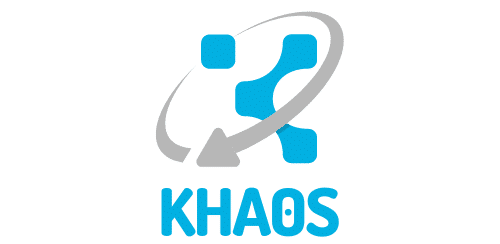How to secure financing for commercial properties
Navigating the commercial real estate landscape can be a daunting task, especially for those seeking to secure financing for their commercial properties. Whether you’re a seasoned investor or a business owner looking to expand your operations, understanding how to obtain a commercial loan is essential for leveraging real estate as a strategic asset. Commercial loans differ from residential mortgages in several key aspects, including eligibility criteria, rates, and terms. With the right approach and knowledge, securing financing for your commercial real estate can be a smooth process that propels your business forward.
Understanding Commercial Real Estate Loans
Before embarking on the journey to secure financing, it’s crucial to comprehend the intricacies of commercial real estate loans. Unlike residential loans, which are typically provided to individuals, commercial loans are granted to business entities. They are used for purchasing, developing, or renovating commercial property, including office buildings, shopping centers, warehouses, and more.
Lire également : Exploring the potential of real estate tech innovations
The terms of commercial real estate loans generally span five to twenty years, with the amortization period often exceeding the loan term, leading to a balloon payment at the end. Interest rates are also a critical element, as they can affect your cash flow and overall costs significantly.
Lenders typically assess a business’s creditworthiness, financial history, and the potential income of the property being financed. A solid business plan and a strong credit score can improve your chances of securing a favorable loan.
Avez-vous vu cela : Investing in farmland: a guide to agricultural real estate
Evaluating Loan Options
When considering financing for commercial properties, there are several types of commercial loans to explore. Traditional commercial mortgages are similar to residential mortgages but come with stricter eligibility requirements. SBA loans, particularly the 7(a) and 504 loan programs, offer favorable terms for small businesses. Hard money loans are another option, suitable for investors looking for short-term, fast financing, albeit with higher interest rates.
Interest rates and terms can vary widely among lenders and loan types, making it imperative to shop around and compare options. Some lenders might offer fixed-rate loans, while others might provide variable-rate loans. It’s essential to understand the implications of these different structures on your long-term financial obligations.
Preparing Your Application
A strong loan application is critical in securing commercial real estate financing. You’ll need to provide comprehensive documentation, including financial statements, tax returns, and a detailed business plan outlining the intended use of the commercial property.
Lenders will evaluate your debt service coverage ratio (DSCR), which compares your business’s annual net operating income to its annual mortgage debt service, to determine your ability to repay the loan. A high DSCR can make you a more attractive borrower.
Your personal and business credit scores also play a pivotal role in the application process. Ensuring that both scores are in good standing can help you secure better loan terms and interest rates.
Negotiating Terms and Rates
Once you’ve identified potential lenders and prepared your application, negotiation becomes key. Understanding the market and your own financial position allows you to discuss terms and rates with confidence.
Interest rates can either be fixed or variable, and choosing the right one depends on the market trends and your financial comfort zone. Don’t hesitate to negotiate the loan-to-value (LTV) ratio or ask for a longer amortization period to lower your monthly payments.
It’s also vital to consider any prepayment penalties or additional fees that could affect the total cost of your loan. A clear understanding of all the terms will ensure there are no surprises down the line.
Managing Your Loan and Property
After securing your commercial real estate loan, managing your property and loan effectively is crucial for long-term success. Keeping a watchful eye on your cash flow and maintaining your property can help you meet your loan obligations while potentially increasing your property’s value.
Regularly reviewing your loan terms and staying informed about refinancing opportunities can lead to substantial savings over time. It’s also beneficial to develop a relationship with your lender, as they can be a valuable resource for advice and assistance throughout the life of your loan.
In conclusion, securing a commercial real estate loan requires a clear understanding of the loan options, thorough preparation of your application, savvy negotiation of terms and rates, and attentive management of both your loan and property. By adhering to these steps and staying informed, you can successfully navigate the commercial financing process and leverage your property to its fullest potential.
